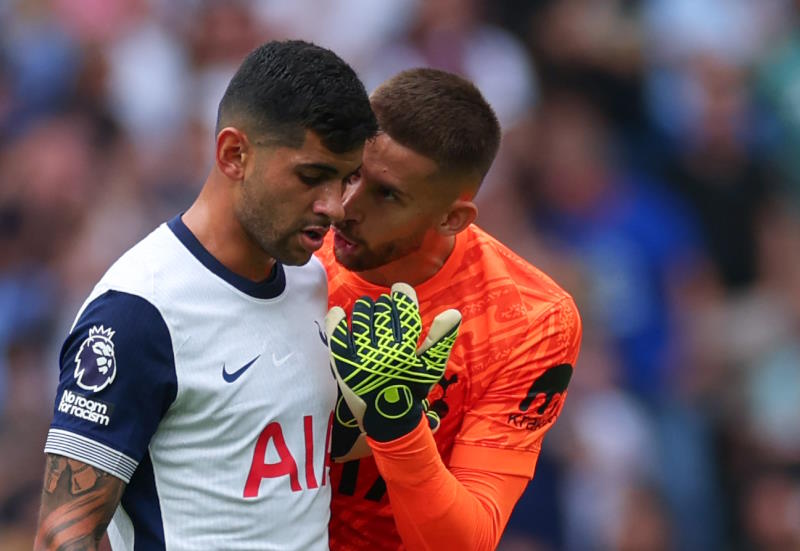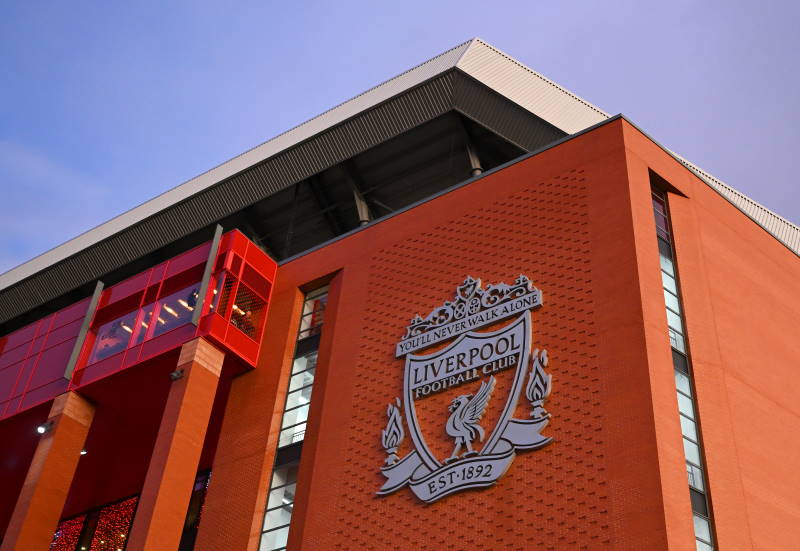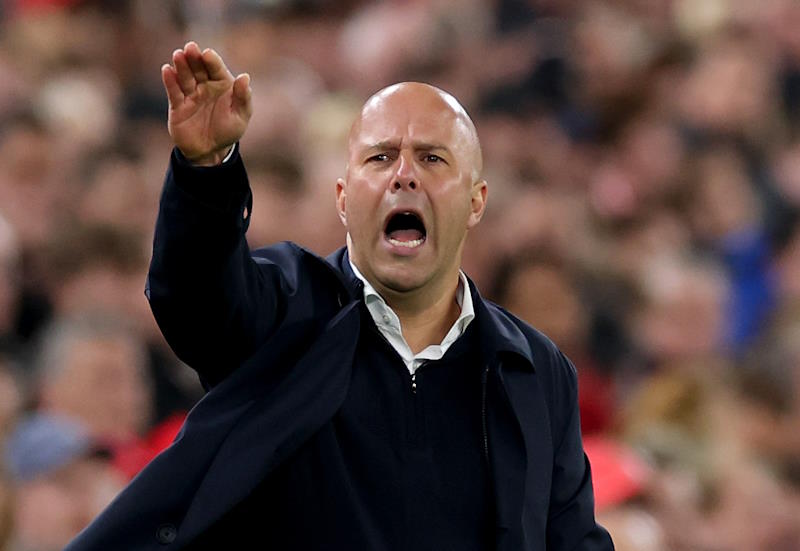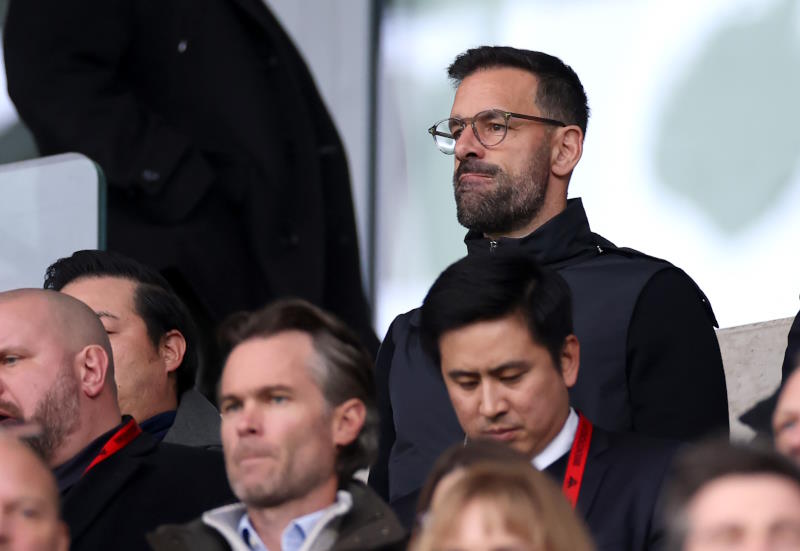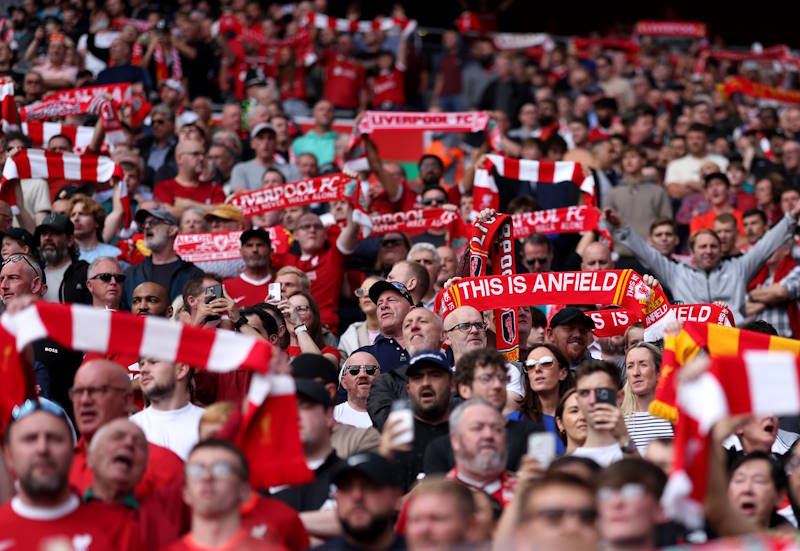
Ian Palmer
Football, like quite a few other things in life, has experienced drastic change over the last 50 years. Some fans swear they’ve all been for the better while others will argue the opposite. However, most supporters will probably take a more rational view and appreciate some changes have improved the game while others have detracted from it.
There are dozens of ways the game could be improved, but that’s another story for another day. But something that’s really been getting on my nerves lately is the loyalty or lack of it, by many players and some managers in the modern game. In fact, I don’t really understand why players and managers even bother to sign contracts these days as they’re constantly trying to break them.
The latest example of this is Everton’s Joleon Lescott, who signed a long-term deal last season that has him under contract until the end of the 2011/12 season. But suddenly Lescott is not satisfied with the security his contract offers, not to mention the thousands of pounds he’s being paid each week, so he put in a transfer request to Everton boss David Moyes.
The reason for the request of course, is because Mark Hughes and Manchester City have put in a couple of multi-million pound bids for Lescott and he realises his weekly salary will be raised considerably at Eastlands. But Lescott signed a long-term deal last season to guarantee financial security for himself. Even if he plays poorly or finds himself sitting on the bench, he knows he’s quids-in every week when the pay-cheque arrives.
Players are constantly trying to weasel themselves out of signed contracts once a better offer comes along, but I’ve yet to see somebody offer to take a pay cut when they aren’t producing up to par. The Ronaldo to Real Madrid situation was much the same last year with the player being under contract and then moaning that he wanted to play elsewhere. If this is going to be the case, then perhaps the football association should do away with multi-year deals and introduce one-year contracts only.
The association should also look to some of the world’s other professional sports leagues to stop this nonsense. A simple solution would be to bring in a “tampering” rule, which means no other teams may have any discussions with players who are currently under contract. If they do, points will be deducted from their team. A buy-out clause could also be put into place where anybody trying to get out of their deal would have to pay the balance of the contract plus a penalty to break it.
And it’s not just players who are taking the “grass is always greener on the other side” attitude. Who can forget former England manager Sven-Goran Eriksson putting his foot in his mouth back in 2006 when he was duped by a News of the World reporter who posed as a rich Sheik? The reporter told Eriksson he was interested in buying Aston Villa and Eriksson jumped at the chance to manage the team for a ridiculous amount of money while still having two years left to serve on his England contract. He was of course let go by the FA, but received a handsome payout all due to the contract he was so willing to break.
It seems that players want it both ways. They want the money and security a multi-year contract offers, but they don’t want to live by the terms of it. I can understand how players were lured to Europe before 1961 as the £20 maximum wage was in effect in England, which to this day is still hard to believe ever existed. It was also very hard for players to leave teams years ago even when their contracts had expired. Many people considered it to be a form of slavery as the clubs seemed to own players for life. However, things have changed almost 180 degrees now. But players need to realise once they sign on the dotted line, the decision to be transferred doesn’t lie with them anymore. It’s up to the people paying their wages until their contract has expired.
Latest Articles:
- – English Premier League 2009/10 Season Preview
- – Man City Taking Big Risks to Break into Top Four
- – Italian Serie A 2009/10 Season Preview

